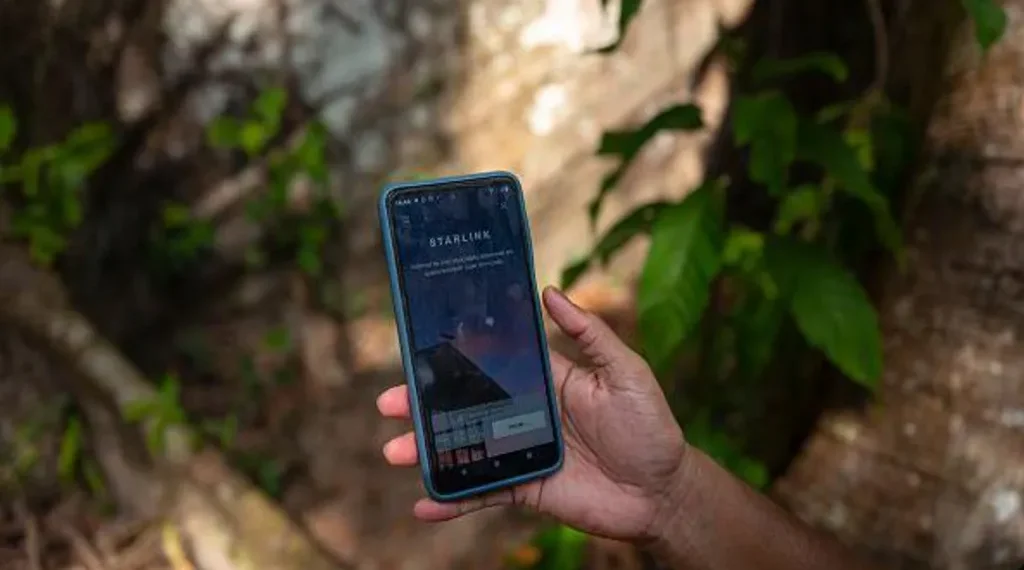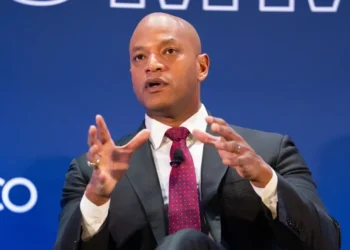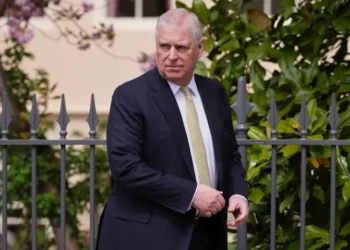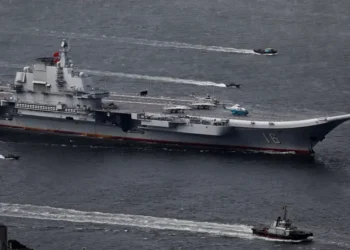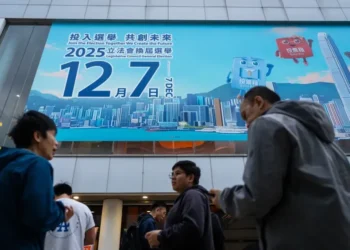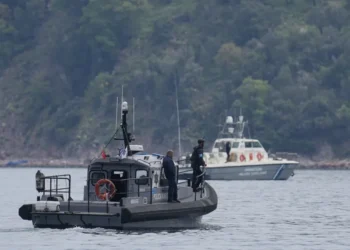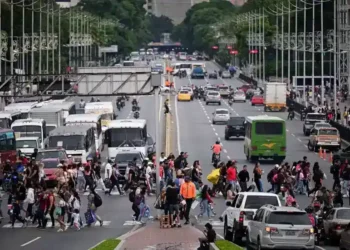India Seeks Starlink’s Assistance in $4.25 Billion Drug Smuggling Case
Indian police have reached out to Starlink, the satellite internet company owned by Elon Musk, for information related to a major drug smuggling case. Authorities suspect smugglers used Starlink devices to navigate Indian waters undetected and transport methamphetamine worth an estimated $4.25 billion.
Smugglers Used Starlink to Bypass Legal Channels
The Indian Coast Guard recently seized a Myanmar vessel near the Andaman and Nicobar Islands, marking their largest-ever drug haul. Onboard, they discovered 6,000 kilograms (13,227 pounds) of methamphetamine and a Starlink device allegedly used for navigation.
Hargobinder S Dhaliwal, the police chief of the Andaman Islands, stated that the smugglers relied on Starlink’s portable internet kit to create a Wi-Fi hotspot, enabling them to operate phones and coordinate their journey from Myanmar. The device, described on Starlink’s website as a compact and portable kit, bypassed traditional communication channels, raising concerns among authorities.
Arrests and Investigations
Six Myanmar nationals have been arrested in connection with the case. Indian police have contacted Starlink, requesting detailed information about the device, including its buyer, purchase date, and usage history.
Investigators are also examining whether local or international syndicates were involved in transporting the drugs.
Starlink’s Regulatory Challenges in India
Starlink, which offers high-speed satellite broadband “almost anywhere on Earth,” has yet to receive authorization to operate in India or its territorial waters. Since 2021, the company has faced regulatory hurdles in the country and stiff competition from Indian billionaire Mukesh Ambani’s Reliance Jio.
Implications for Law Enforcement
This incident has heightened awareness about how advanced technologies like Starlink can be exploited for illegal activities. Authorities are now considering stricter oversight of satellite communication devices to prevent similar incidents in the future.
The case underscores the challenges law enforcement faces in combating drug trafficking as smugglers adopt sophisticated tools to evade detection.
This article was rewritten by JournosNews.com based on verified reporting from trusted sources. The content has been independently reviewed, fact-checked, and edited for accuracy, neutrality, tone, and global readability in accordance with Google News and AdSense standards.
All opinions, quotes, or statements from contributors, experts, or sourced organizations do not necessarily reflect the views of JournosNews.com. JournosNews.com maintains full editorial independence from any external funders, sponsors, or organizations.
Stay informed with JournosNews.com — your trusted source for verified global reporting and in-depth analysis. Follow us on Google News, BlueSky, and X for real-time updates.
